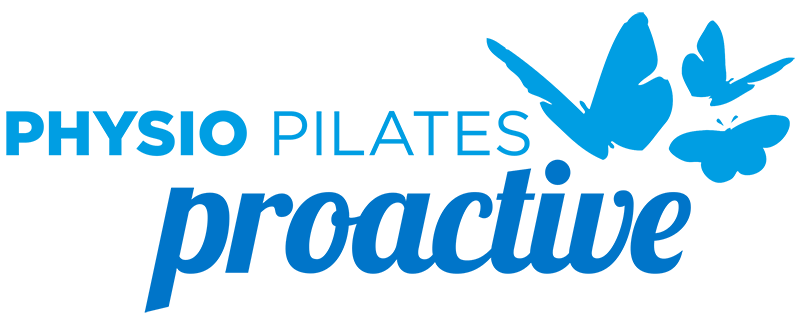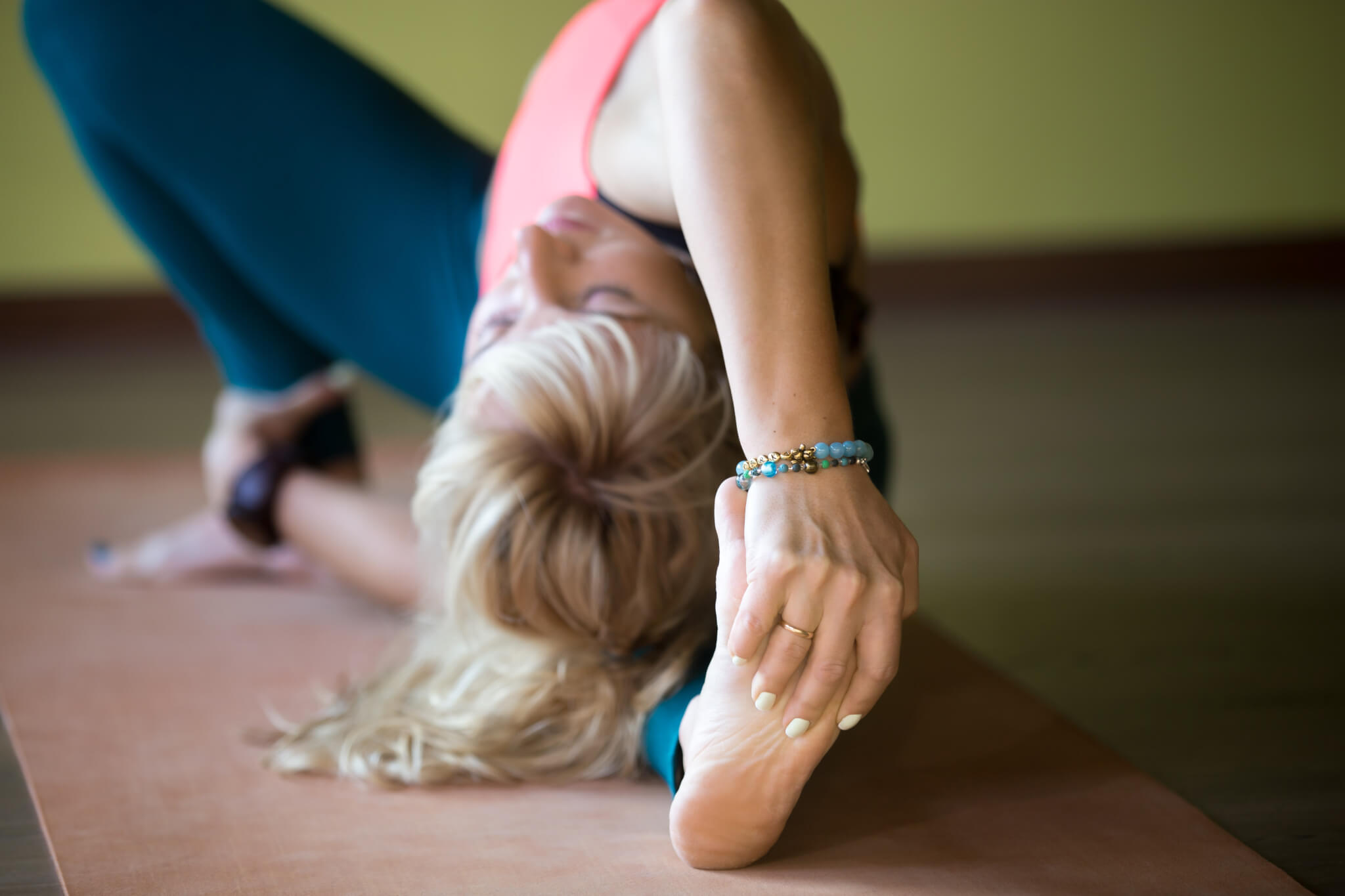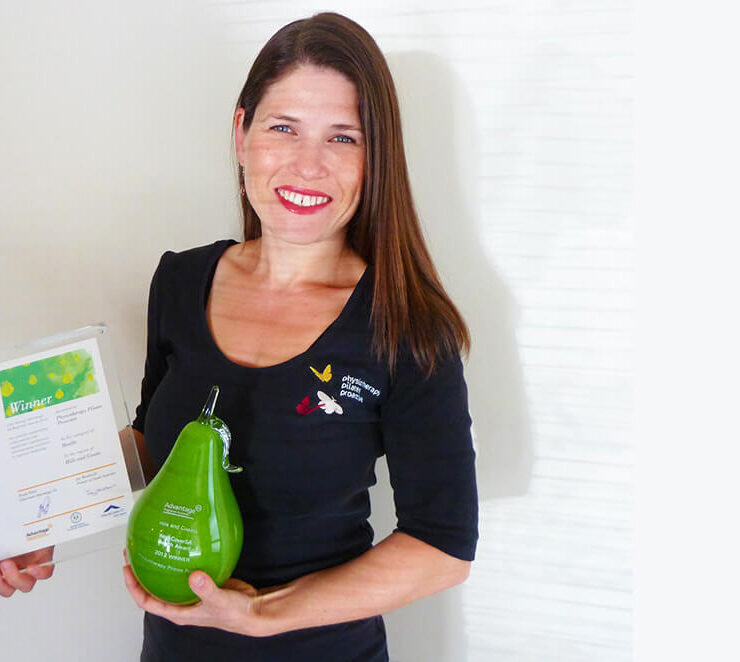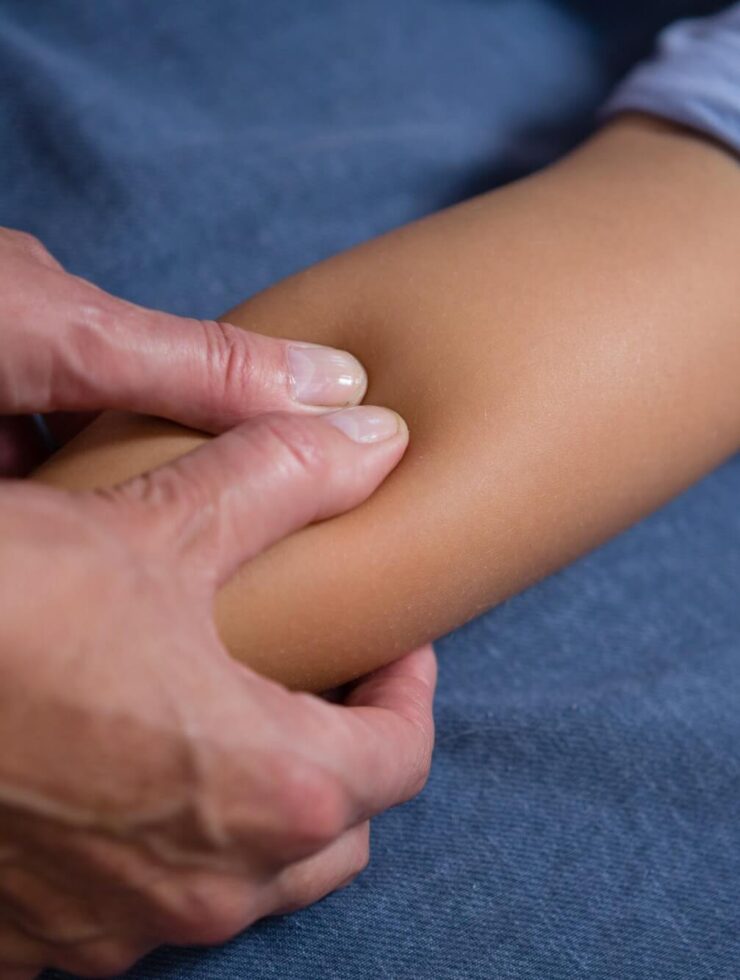Can you place your hands flat on the floor with knees straight? Do you have “double-jointed” thumbs? Have you ever had a “party trick” in which you could contort your body into strange positions or do the splits?
If you answered yes to any of these, you may have hypermobility syndrome.
Hypermobility is when the structures supporting your joints – muscles, ligaments, joint capsule – are longer and more flexible than average. Hypermobility can be generalised, affecting all the joints in the body, or it can specific, affecting one or two joints only.
Hypermobility can be inherited, or acquired through injury, overuse, or certain postures and movement patterns.
People with hypermobility are often symptom-free, and may be good at sports requiring flexibility, such as gymnastics or ballet. However, if they become less active and lose muscle tone, symptoms can start to arise and the body can begin to stiffen up due to pain.
Maintaining good posture, especially in static positions can be very difficult for hypermobile people. Long periods of sitting or standing can cause back ache and knee pain. They are also at higher risk of some injuries related to having looser joints such as ankle sprains, shoulder dislocations, disc prolapses and pelvic pain.
Children with hypermobility are often seen as being more “clumsy”, restless, can suffer excessive growing pains, and may walk with “pigeon-toes”.
If you think you may have hypermobility, it’s best to see a physio. Physiotherapists can help with prescribing the right kinds of exercise and stretches, and postural training to help with this condition, and reduce the amount of pain and dysfunction associated with hypermobility.





Hi, I’ve been diagnosed with hypermobility after knee pain driving haul trucks at a mine.
I’m on return to work with strengthening exercises but I’m seeking additional help and information from a physio who has prior experience dealing with my condition
Please get back to me thank you
Ashleigh